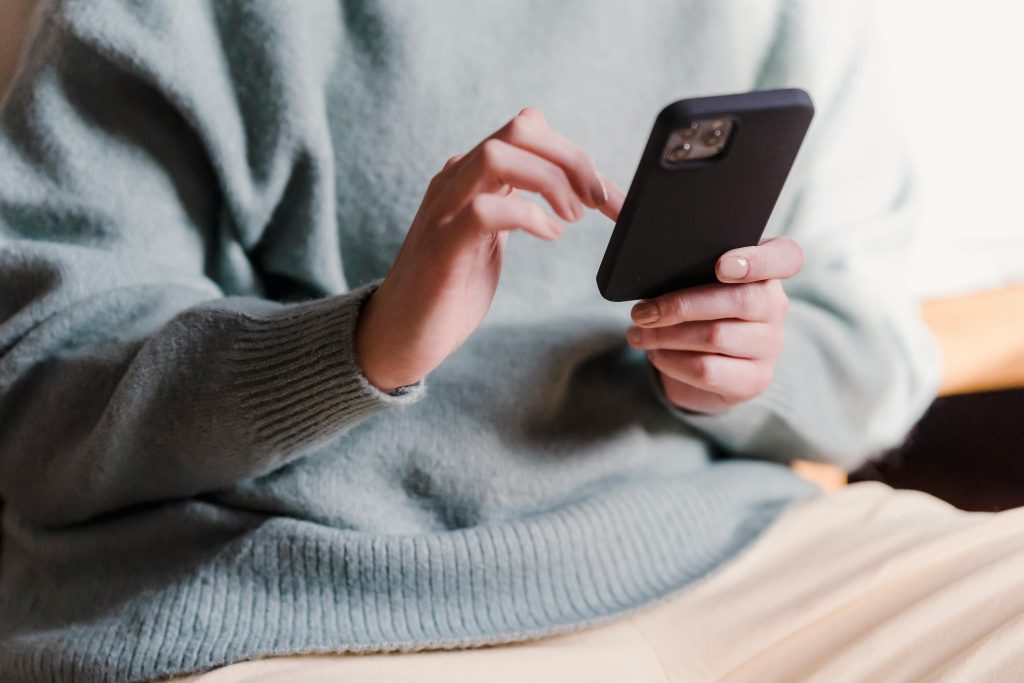Navigating the Risks of Phishing: What to Do After a Close Encounter
In today’s digital age, the threat of phishing scams is prevalent and ever-evolving. Recently, I experienced a close call that reminded me just how vigilant we need to be when navigating the web. Allow me to share my story and the steps I took to ensure my online safety.
The Incident
Earlier today, I attempted to log into a website I hadn’t visited in some time. In my haste, I made a slight typo in the URL—just one letter off—which redirected me to an eerily similar imitation of the real site. I did not enter my username and password, as I typically opt for the convenience of using my Google account for authentication. However, upon clicking the Google login option, I found myself on yet another misleading page that claimed I was logged out.
It didn’t take long for me to recognize that I had been misled by a counterfeit website. After realizing my error, I started to worry: Given that I attempted to log in with my Google account, was I at risk of a security breach?
Assessing the Risks
Fortunately, Google’s security measures are quite robust. According to Google, when you use third-party sites for login purposes, they typically share limited information such as your name, email address, location, and profile picture. However, I was still uneasy about the experience and wanted to take proactive steps to protect my account and personal information.
Essential Steps to Secure Your Accounts
-
Change Your Passwords: Even if I didn’t input my password, I decided to change my Google password to be on the safe side. A strong, unique password significantly enhances security.
-
Enable Two-Factor Authentication: If you haven’t already, enable two-factor authentication (2FA) on your accounts. This additional layer of security requires a second form of verification, making unauthorized access much more difficult.
-
Review Account Activity: I took the time to check my recent account activity in Google’s security settings. This way, I could identify any suspicious logins or actions.
-
Clear Browsing Data: To mitigate the risk of further exposure, I cleared my browser’s cache and cookies. This helps remove any malicious tracking that could have occurred during my visit to the fake website.
-
Stay Vigilant: Lastly, I reminded myself to be more cautious in the future. Always double-check URLs and be wary of odd
Share this content:



